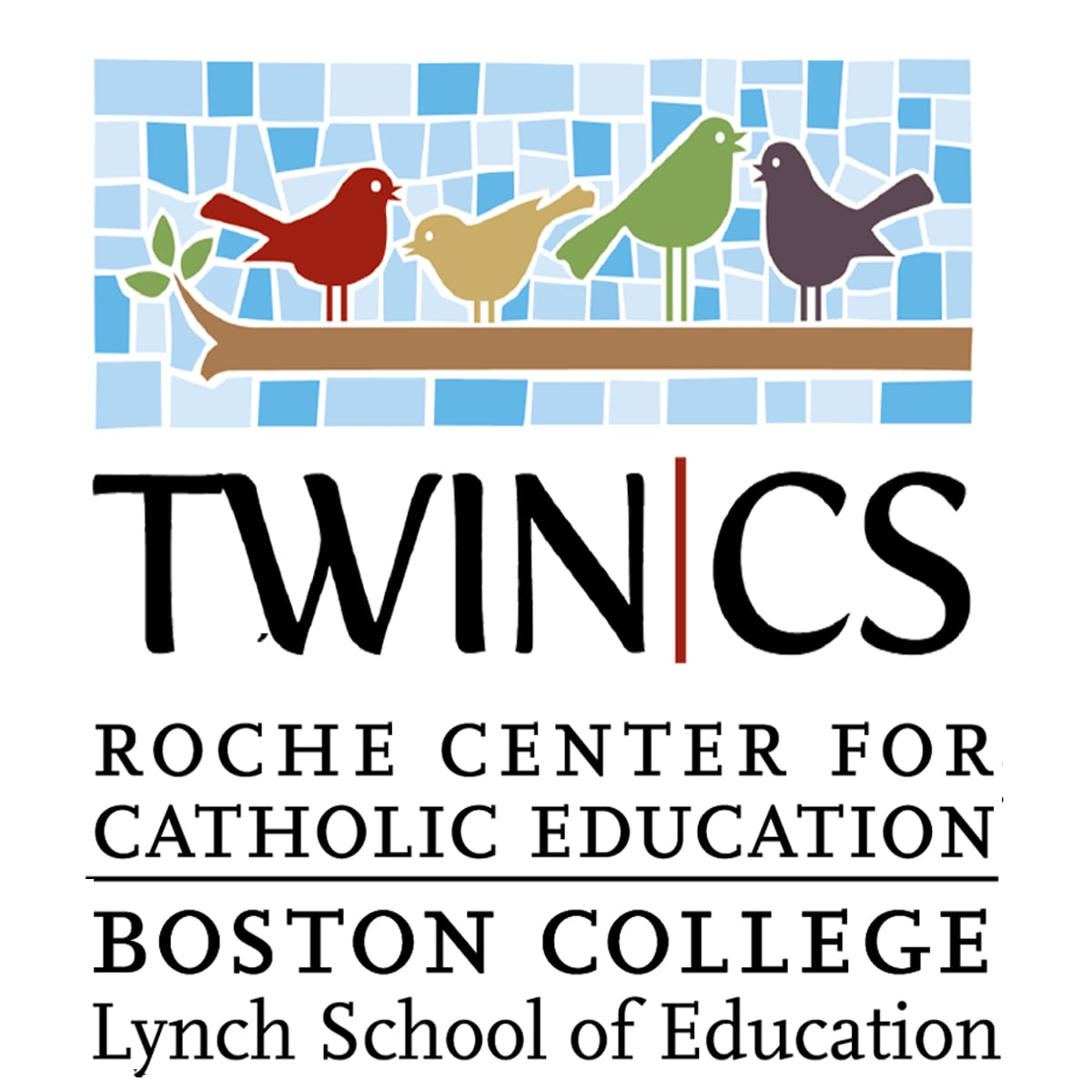Ryan Pontier, Visiting Assistant Professor of the School of Education and Human Development at Florida International University, Co-Chair of LULAC Florida Government and Media Relations Committee, and TWIN-CS Network mentor shares keen insight on current developing bi/multilingual education in Florida:
Perhaps one of the most challenging tasks we engage in as educators is teaching for a future that we cannot predict. However, we can count on the bi/multilingual population growing in the U.S., as it has steadily for decades. The onus is on us, then, to not only teach in ways that bi/multilinguals “language,” but also to assess bi/multilingual students so that we gather the most accurate data possible.
The research is clear: authentic assessment that captures bi/multilinguals’ knowledge and skills across languages will yield the most valid data (Gottlieb, 2016; Mahoney, 2017; O’Mallley & Valdez Pierce, 1996). This may mean students test in a variety of languages. At its best, it means that the students take a test that is intentionally bi/multilingual in the languages they use. The Every Student Succeeds Act (ESSA) provided language to states to do just that, noting that they “…must provide appropriate accommodations, including, to the extent practicable, assessments in the language and form that are most likely to assess English learners’ knowledge and skills in academic content areas accurately and fairly until such students have achieved English language proficiency. This includes providing assessments in the native languages of English learners.”
If we, as educators, are to truly understand what our bi/multilingual students know and can do, and to plan meaningful and authentic instruction, we must assess them appropriately. I believe we have a moral responsibility to provide an excellent education to every student, and this includes assessing them in valid and reliable ways. In the case of bi/multilingual students, this means across languages. Florida, unfortunately, has chosen to reject the federal mandate and to only provide state content area assessments in English, thereby willfully ignoring scores of sound empirical studies; the cries of students, parents, teachers, school boards, and professional and civic organizations such as Sunshine State TESOL, the League of United Latin American Citizens (LULAC), and the NAACP; and resolutions from numerous municipalities around the state.
There are currently at least three bills filed in the Florida legislature that address the issue of native language assessment, but none has been listed for a hearing in a subcommittee despite all being assigned to specific subcommittees for review. On one hand, we are making progress by showing the state the need for accurately and appropriately assessing students, but on the other, our decision-makers/elected officials have a long way to go to create and implement equitable policy and practice.

